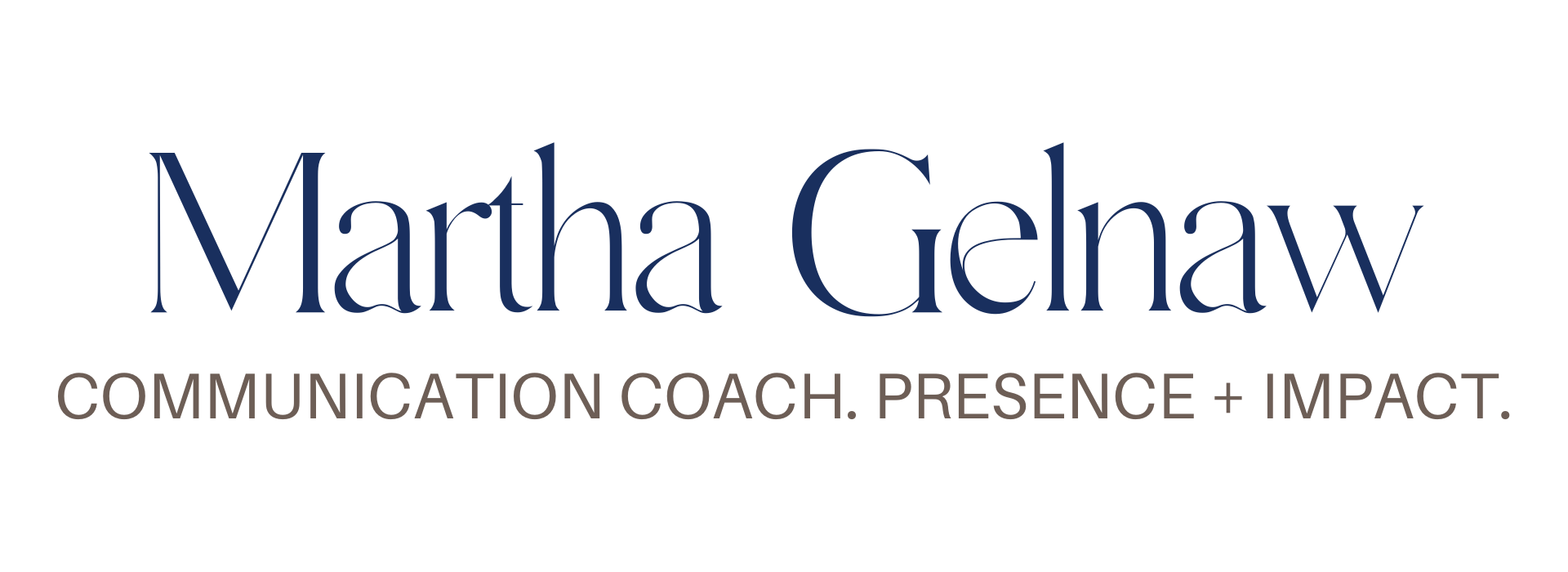Our moods and emotions affect our actions and results. Use this is awareness can change the landscape.
Our emotional skills shape our results… and our value, satisfaction, & meaning in life. They are the foundation of our impact in leadership, teamwork, and relationships.
How do we deal with resentment? anxiety? overwhelm? distrust?
How can we cultivate our capacity for satisfaction, gratitude, serenity, and courage?
Good questions.
There is this much beloved client. She is extremely gifted insofar she has the ability of seeing the whole picture and the details – past, present and future – and, to recognize any patterns or irregularities that could derail the mission going forward if they are not immediately dealt with. The CEO recognized her gift and realized whatever she raised, she was always right.
The challenge was that she had to deliver the messages that no one wanted to hear.
Because of her feeling of an immense sense of urgency, her style was more “bull in a china shop” rather than “handles with kid gloves”. Her messages were met with resentment, not alignment.
A good place to start
First, set your intention. Our intention is what it is we hope to do.
Our intention orchestrates the forces to support our desired results. But, what if we may think that what we intend is more important than how it makes the other person feel?
What is it that drives action? Alignment. If we intend to gain alignment, what is our best path forward?
Next, examine your impact. Our impact is how it will affect others? The “bull in a china shop” approach puts others on the defensive. It potentially makes them feel blamed. There may be resentment. If they shift into protective mode, there will be no alignment nor movement there.
Interestingly, it is others who get to decide your impact… not you.
The “kid glove” approach takes skillfulness.
Becoming aware of what were her initial tendencies and behaviors – both verbal and non-verbal – helped her to now choose a whole different tack. The truth is that their acceptance of your truths is based upon palatability. It was time to open up her colleagues to the possibility of resolution.
We can positively affect our teams’ moods and emotions. When reason and rationale is coupled with the moods and emotions of those that open possibilities, there is a greater acceptance of the proposal and the solution. I am happy to report that there was great transformation here once there was awareness of what closed moods and emotions were costing her – and to know what to do instead.
If you’d like to learn more, please join us for Moods and Emotions, a one-live session online.
Click here to learn more.


